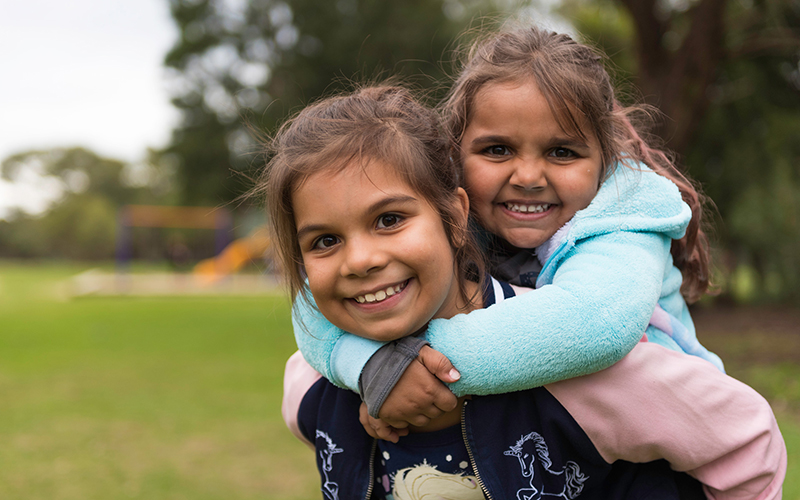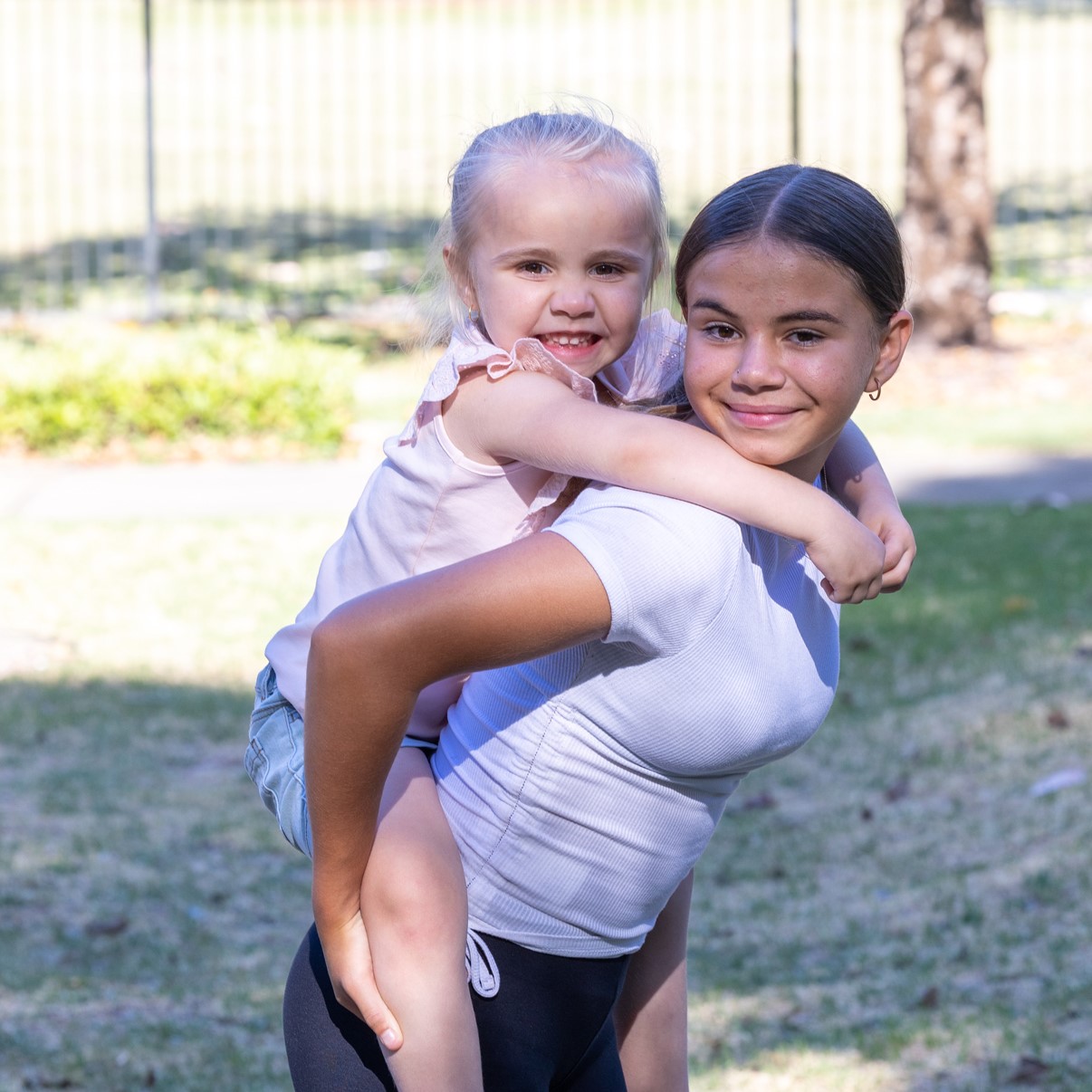Search
Research
Individuals with Inflammatory Bowel Disease Have an Altered Gut Microbiome Composition of Fungi and ProtozoaIt is known that the bacterial gut microbiome is altered in inflammatory bowel disease (IBD), but far less is known about the role of eukaryotic microorganisms in IBD.
Research
Cardiometabolic Risk Markers for Aboriginal and Torres Strait Islander Children and Youths: A Systematic Review of Data Quality and Population PrevalenceCardiovascular disease and type 2 diabetes mellitus are leading contributors to the health inequity experienced by Aboriginal and Torres Strait Islander peoples, and their antecedents can be identified from early childhood. We aimed to establish the quality of available data and the prevalence of cardiometabolic risk markers among Aboriginal and Torres Strait Islander children and youths (0-24-year-olds) to inform public health approaches.

News & Events
National network to significantly improve health outcomes for Indigenous AustraliansA new national network will be established to advance the benefits from Genomic Medicine for Aboriginal and Torres Strait Islander people living in Australia.
Research
Researchers’ self-reported adherence to ethical principles in Aboriginal and Torres Strait Islander health and medical research and views on improving conduct: a mixed methods studyTo examine researchers' reports of adherence to ethical principles in their most recent research project, including factors associated with higher self-reported adherence, and perceptions of how research conduct could be improved.
Research
Genomic characterization of clinically significant blood group variants in Aboriginal AustraliansHematological disorders are often treated with blood transfusions. Many blood group antigens and variants are population-specific, and for patients with rare blood types, extensive donor screening is required to find suitable matches for transfusion. There is a scarcity of knowledge regarding blood group variants in Aboriginal Australian populations, despite a higher need for transfusion due to the higher prevalence of renal diseases and anemia.
Research
Associations between mental health profiles and later school outcomesThe dual-factor model of mental health proposes that high wellbeing and low distress are necessary to define mental health. This study used latent profile analysis to identify mental health profiles in a sample of 3,587 Australian grade 6 students and explored the association between mental health profiles and school outcomes measured in grades 7 and 9.
Research
Towards precision cancer medicine for Aboriginal and Torres Strait Islander cancer health equityDelivering cancer control at scale for Aboriginal and Torres Strait Islander communities is a national priority that requires Aboriginal and Torres Strait Islander leadership and codesign, as well as significant involvement of the Aboriginal community-controlled health sector. The unique genomic variation observed among Aboriginal and Torres Strait Islander peoples may have implications for standard and precision medicine.

The Indigenous Genomics Group aims to build Indigenous leadership in genomic and data sciences, precision health, and ethics to improve health equity and the wellbeing of Indigenous people, families and communities.
Research
Cohort profile: The WAACHS Linked Data StudyDespite the volume of accumulating knowledge from prospective Aboriginal cohort studies, longitudinal data describing developmental trajectories in health and well-being is limited.
Research
The landscape of genomic structural variation in Indigenous AustraliansIndigenous Australians harbour rich and unique genomic diversity. However, Aboriginal and Torres Strait Islander ancestries are historically under-represented in genomics research and almost completely missing from reference datasets. Addressing this representation gap is critical, both to advance our understanding of global human genomic diversity and as a prerequisite for ensuring equitable outcomes in genomic medicine.
